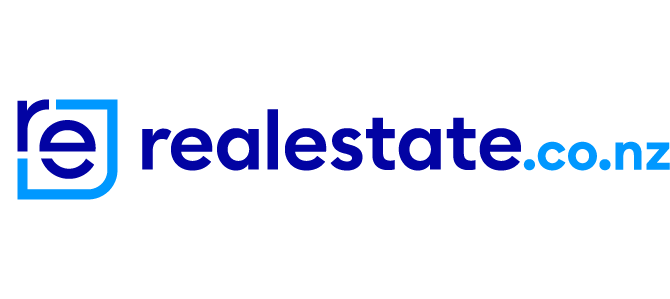Data, social media, advertising... Google and Facebook have come to dominate a broad range of marketing activities. Advertising in particular has proven extremely successful for the tech giants, with many smaller companies losing out to such large competitors.
But what does Google and Facebook's advertising success really look like, and what does it mean for New Zealand businesses?
The advertising success of Google and Facebook
In 2017, more than $88 billion was spent on online ads, according to the Interactive Advertising Bureau. Over 90% of that growth went to Google or Facebook. This has meant many smaller ad companies and start-ups have lost out.
On the face of it, you could call what Google and Facebook have is an advertising monopoly. However, this doesn't give the whole picture.
Amazon: A new player in advertising
Despite the apparent success of Google and Facebook, there are signs their advertising growth may slow over the next few years. A recent Forrester report suggests retail brands will invest 55% more in online marketing and advertising by 2023, however a smaller portion of that budget will be directed towards traditional search channels like Google.
In addition, a third player has emerged to compete with Google and Facebook. Who? Amazon. The e-commerce giant's ad market share has increased to 4.1% in the US, with businesses in the country spending $4.61 billion to advertise on the platform in 2018, according to eMarketer.
Changing consumer habits: Lessons for New Zealand businesses
One of the main reasons Amazon is doing so well is that consumer online shopping habits are changing. Instead of using search engines like Google, people are going directly to websites and e-commerce platforms. New Zealand doesn't have Amazon (yet), but the same principle applies, and Kiwi businesses should consider redirecting some of their marketing budget to advertising directly on retail websites.
Another changing consumer habit that has contributed to Amazon's success is the decline in people's perceptions of social media ads. One in four (27%) of respondents to a Sprout Social Survey claimed their opinion of social media advertising has worsened. The reason? Over half stated they were simply seeing too many ads on social networks.
If too many businesses are advertising on social media platforms like Facebook, and consumers are getting tired, it won't be long before the tide turns to other forms of online advertising, as is happening with Amazon. Kiwi businesses need to understand that they may actually put potential customers off through social media advertising, and instead consider other alternative platforms to place their adverts on.

The effectiveness of Google ads could decline as shoppers increasingly go directly to retail websites.
Choose your advertising platform wisely
That's not to say New Zealand businesses won't see success if they advertise on Facebook and Google. After all, they dominate advertising and will do so for some time. However, it's important Kiwi companies don't assume that just because Facebook and Google take the largest market share means they are the right platforms for them. With the increase in advertising directly onto websites, it's important to consider a broad range of options and do research before deciding which advertising platform to choose.
If you are interested in putting your product or service in front of over 1.1 million unique browsers and serious property hunters on realestate.co.nz, get in touch with our team today on advertising@realestate.co.nz.
11 Feb 2019

